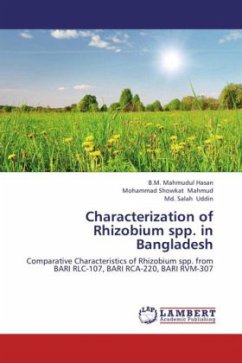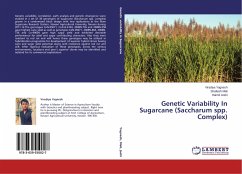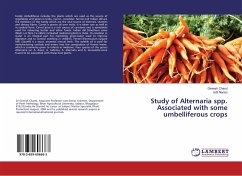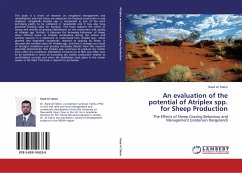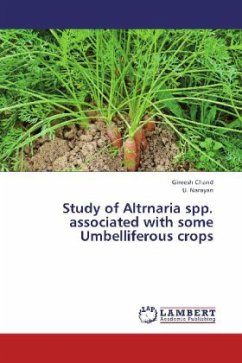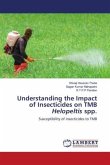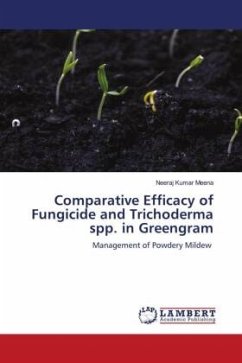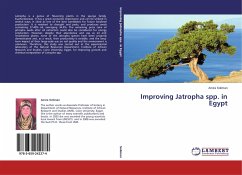The genus Rhizobium play a important role in agriculture by inducing nitrogen-fixing nodules on the roots of legumes such as peas, beans, clover and alfalfa. The main aim of this research work was to observe the comparative growth characteristics of recently isolated Rhizobium spp. The strains such as BARI RLC-107, BARI RCA-220, BARI RVM-307, were collected from Bangladesh Rice Research Institute (BARI). Three Rhizobium strain s nutritional uptake is same, but the growth rate of BARI RLC-107 is higher than other two strain. These strains are able to grow in different environmental and nutritional conditions such as pH ranging from 7 to 8, temperatures ranging from 10 0C to 40 0C, and peptone, glucose, sugar, glycerol can be used as their sole sources of carbon. The findings of this study will help us to have a better understanding about these strains and it also may help the scientist to conduct various experiments related to the improvement of soil quality and soil fertility.
Bitte wählen Sie Ihr Anliegen aus.
Rechnungen
Retourenschein anfordern
Bestellstatus
Storno

